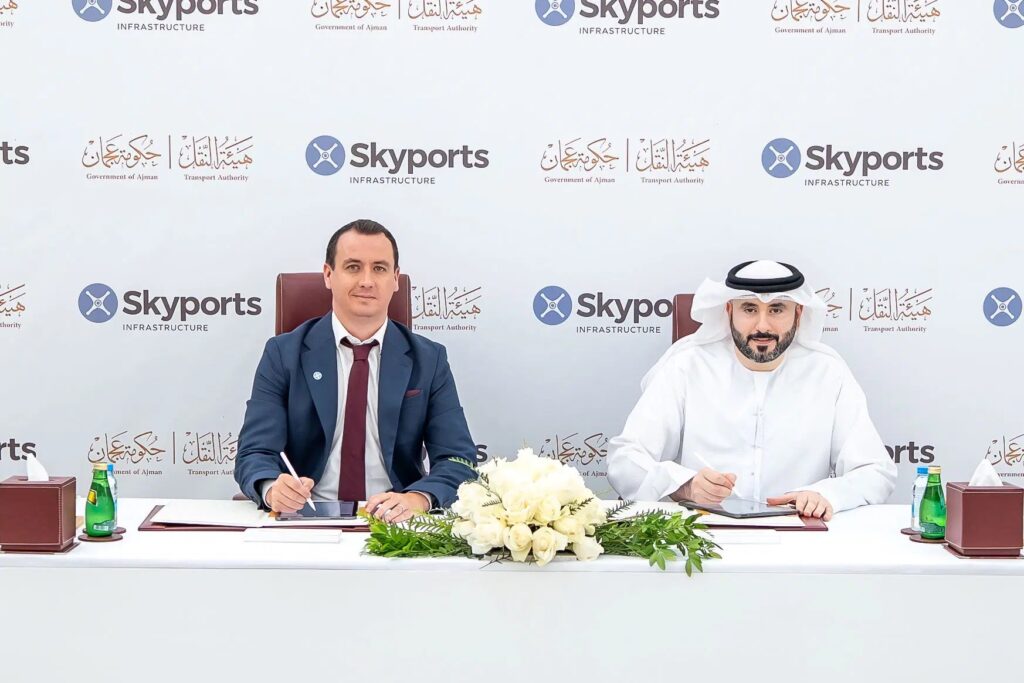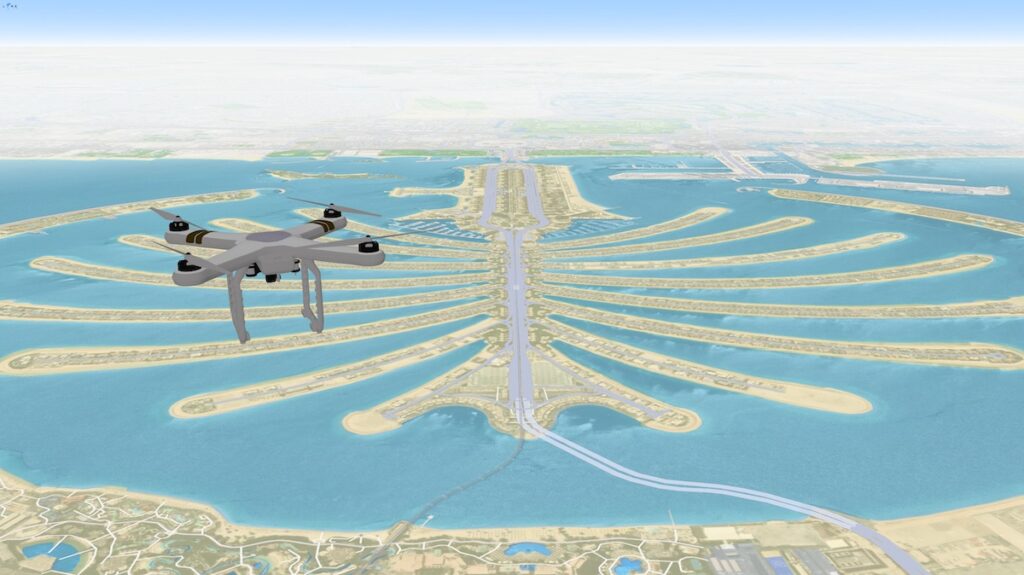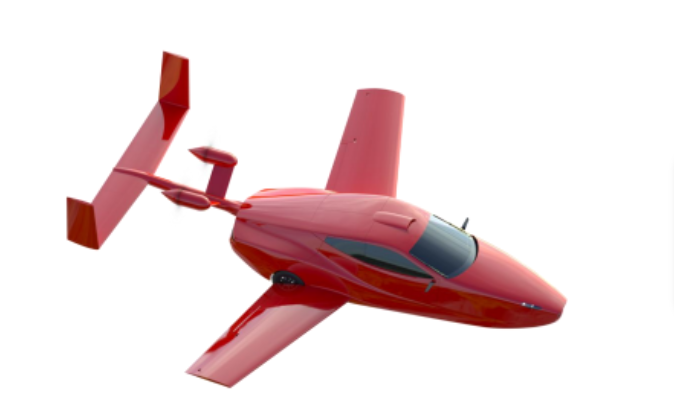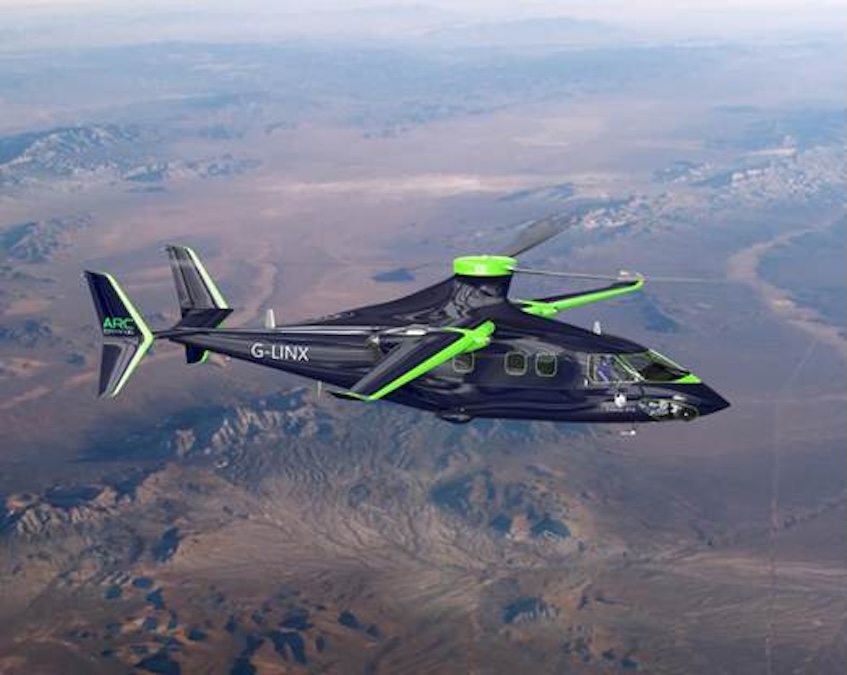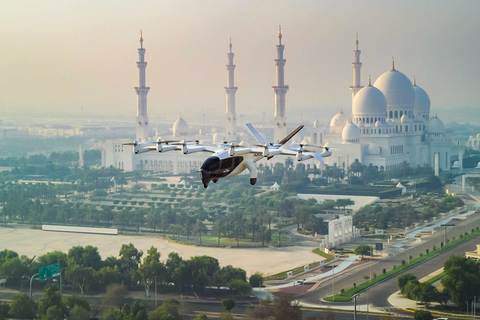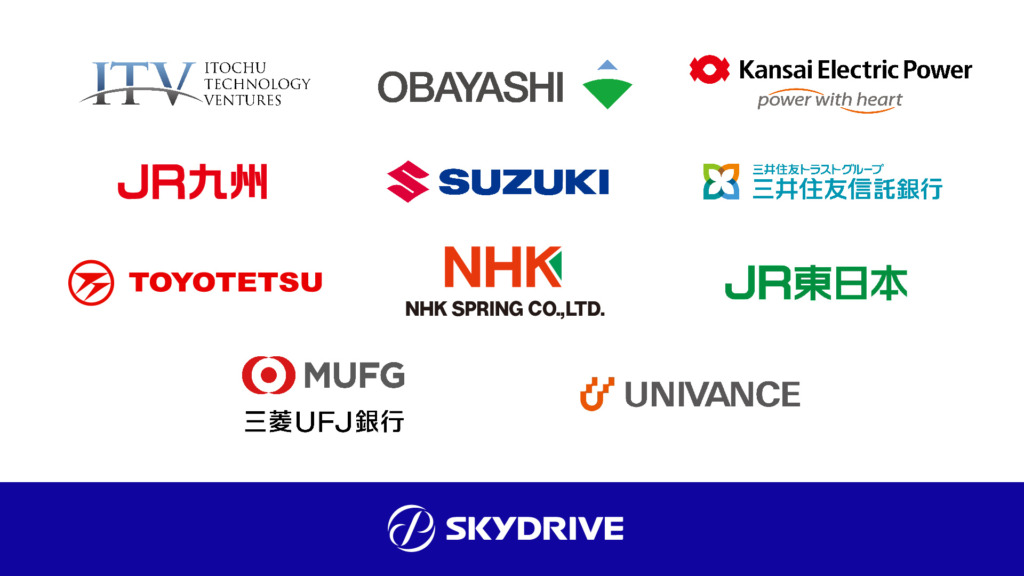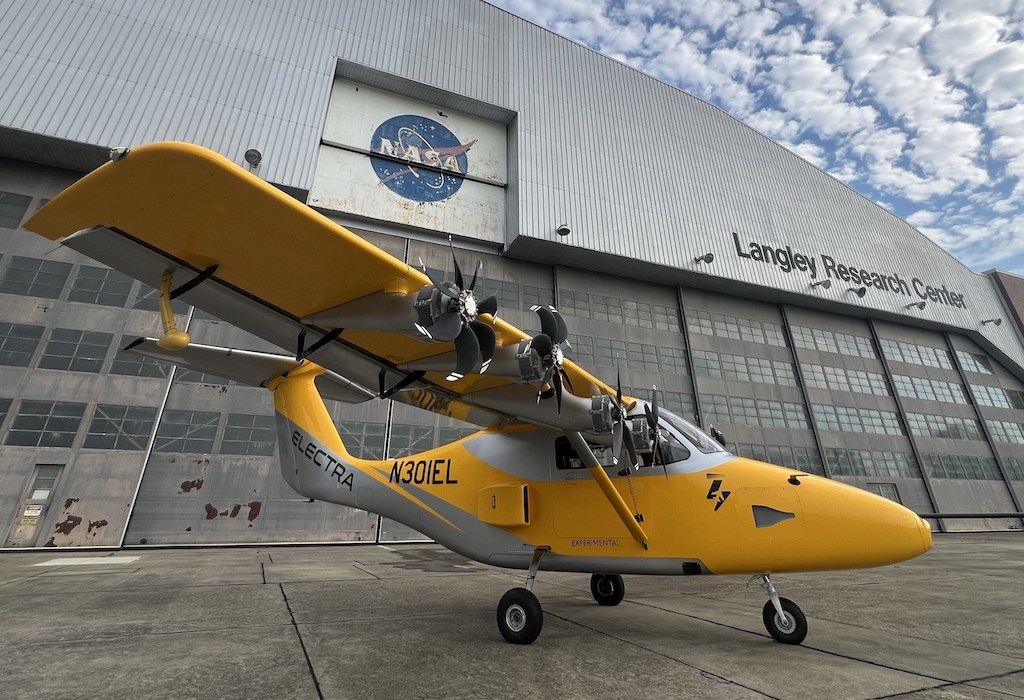
Electra.aero, Inc. (Electra) has successfully demonstrated the flight capabilities of its EL-2 Goldfinch hybrid-electric short takeoff and landing (eSTOL) technology demonstrator aircraft at NASA’s historic Langley Research Center on Monday, July 15.
The achievement from Electra, a next-gen aerospace company committed to decarbonizing aviation and opening new air transportation markets, reportedly marks the first flight of an electric aircraft with a pilot onboard at NASA Langley.
Electra is developing a 9-passenger eSTOL production aircraft designed to replace short- and medium-distance vehicle trips up to 500 miles with decarbonized, quiet and affordable air travel. This aircraft would be able to connect Northern Virginia to the Hampton Roads area in a quick 35-minute flight, rather than the 2.5 hours it takes to drive today.
The flight demo for NASA Langley’s research community showcased the eSTOL aircraft’s use of distributed electric propulsion (DEP) with blown lift technology, which is capable of taking off and landing in under 150 feet.
The demonstration highlighted the aircraft’s hybrid-electric capabilities for longer range potential and battery-electric flight for quiet, community-friendly operations. Earlier that day, the aircraft completed the 120-mile cross-country flight from Electra’s Manassas, VA facility to NASA in Hampton, VA using the hybrid propulsion system.
Electra and NASA are working together on Advanced Air Mobility (AAM) research, demonstrations and information sharing under a NASA Space Act Agreement. In a separate effort, Electra is working under a NASA Small Business Innovation Research (SBIR) project on solar-electric, high-altitude, long-endurance aircraft research called a “high-altitude platform station” or HAPS.
Electra has also contributed to a NASA study on connecting communities into the national transportation network through Regional Air Mobility (RAM) using underutilized airports.
JP Stewart, Electra’s Vice President and General Manager, commented, “NASA is an incredible institution that has developed many of the foundational technologies underpinning today’s aviation industry.
“They are now pioneering the future with advanced air mobility innovations. We look forward to continuing our collaboration with them on new technologies that will extend seamless and convenient air travel to all communities.”



